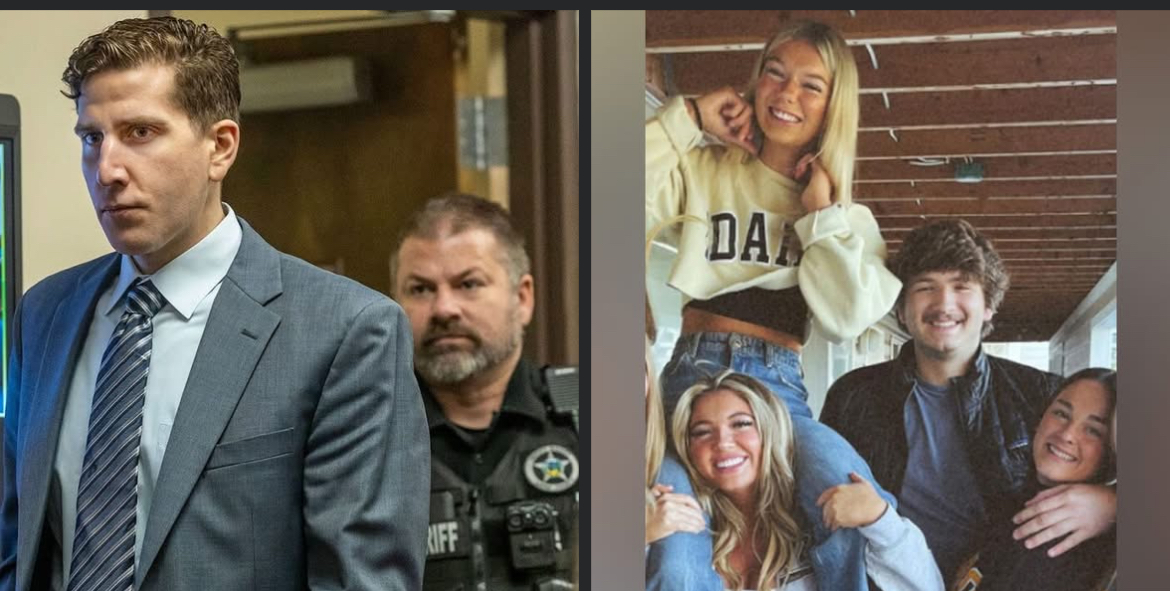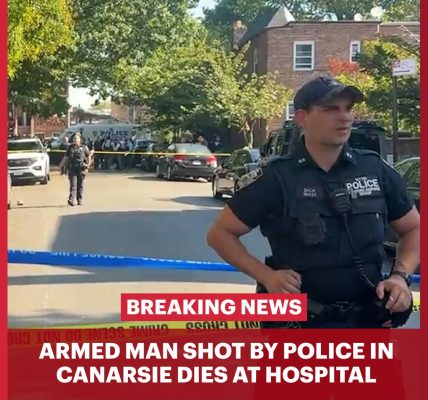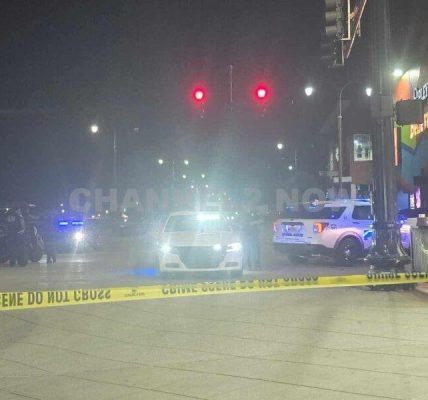Bryan Kohberger Admits to Slaughtering Four Idaho College Students as They Slept: Shocking Guilty Plea Avoids Death Penalty
In a harrowing and emotionally charged courtroom appearance on Wednesday, Bryan Kohberger, the 29-year-old former criminology Ph.D. student, admitted to the brutal and calculated killings of four University of Idaho students. The guilty plea—entered more than a year and a half after the savage murders—has sent shockwaves across the nation and brought a chilling end to one of the most closely followed murder cases in recent memory.
Wearing slacks and a tie, Kohberger stood somberly in the Latah County courtroom, speaking in clipped, emotionless tones. He answered the judge’s questions with an icy calm, offering only terse replies—“Yes” and “No”—as he formally accepted responsibility for the November 2022 slayings of Madison Mogen, Kaylee Goncalves, Xana Kernodle, and Ethan Chapin.
“Are you pleading guilty because you are guilty?” the judge asked.
“Yes,” Kohberger replied.
“Did you kill and murder Madison Mogen, a human being?”
“Yes,” he answered again, mirroring that chilling reply for each of the victims named.
The victims, all students at the University of Idaho, were found stabbed to death inside their off-campus rental home in Moscow, Idaho, in the early hours of November 13, 2022. The gruesome crime scene and the apparent randomness of the attack stunned the quiet college town and drew international attention. Kohberger, then a graduate student studying criminology at nearby Washington State University, was arrested in December 2022 after a month-long investigation that relied heavily on forensic evidence and cellphone data.
The Plea Deal: Life Over Death
Kohberger’s decision to plead guilty came as part of a controversial deal brokered between prosecutors and the defense. In exchange for his admission of guilt, the state agreed to forgo the death penalty—specifically, execution by firing squad, a method that remains legal in Idaho under certain circumstances. Instead, Kohberger will serve four consecutive life sentences without the possibility of parole.
For many, the decision to remove the death penalty from the table has sparked debate. Some families of the victims expressed mixed feelings—relieved to avoid a lengthy and traumatic trial but disappointed that the man who so violently shattered their lives would not face execution.
“There is no justice in this,” said one family member of a victim, speaking outside the courtroom. “But at least we don’t have to sit through years of appeals and relive this nightmare again and again.”
A Chilling Admission
Kohberger’s demeanor in court was as unsettling as the crime itself. At no point during the proceeding did he express remorse, nor did he offer an apology or any emotional acknowledgment of the devastation he caused. He spoke in a monotone, offering robotic affirmations to the judge’s questions.
Prosecutors laid out the timeline and evidence that led to Kohberger’s arrest, detailing how DNA on a knife sheath left at the scene, along with surveillance footage of his vehicle and cell phone pings, placed him in the vicinity of the crime scene during the time of the killings.
Investigators believe Kohberger acted alone, entering the home in the early morning hours and targeting his victims while they slept. Three of the victims were found in their beds, while one—Xana Kernodle—appeared to have fought back. The crime was described by law enforcement as one of the most savage they had ever seen.
Public Reaction and Lingering Questions
The case has captivated public attention, not only because of its brutality but due to the mystery surrounding the killer’s motive. Kohberger, who studied criminal behavior and reportedly showed an academic fascination with the minds of serial killers, never disclosed why he targeted the four students or what led him to commit such an atrocity.
Speculation had long swirled about whether the killings were part of a twisted experiment or an obsessive fixation. Kohberger’s social media history and past research projects suggested a disturbing interest in violent crimes and the psychology behind them.
Now, with his guilty plea, many questions may remain forever unanswered.
Closure—But No Peace
For the community of Moscow and the families of Madison, Kaylee, Xana, and Ethan, the guilty plea brings a sense of finality but not healing.
The pain of their loss, the terror that gripped their town, and the inexplicable evil behind the crime are scars that will not fade easily. University of Idaho officials released a statement acknowledging the plea and reaffirming their support for the victims’ families.
“Our hearts remain with the families of Madison, Kaylee, Xana, and Ethan. While nothing can undo the horror of what happened, we hope this marks the beginning of healing.”
Bryan Kohberger will be formally sentenced later this year. He will spend the rest of his life behind bars—never again to walk free, never again to harm. But for the families left behind, his cold and calculated confession can never replace the vibrant lives lost in the dark of night.
Remembering the Victims
- Madison Mogen, 21
- Kaylee Goncalves, 21
- Xana Kernodle, 20
- Ethan Chapin, 20
Their names will be remembered far longer than the man who took their lives.





